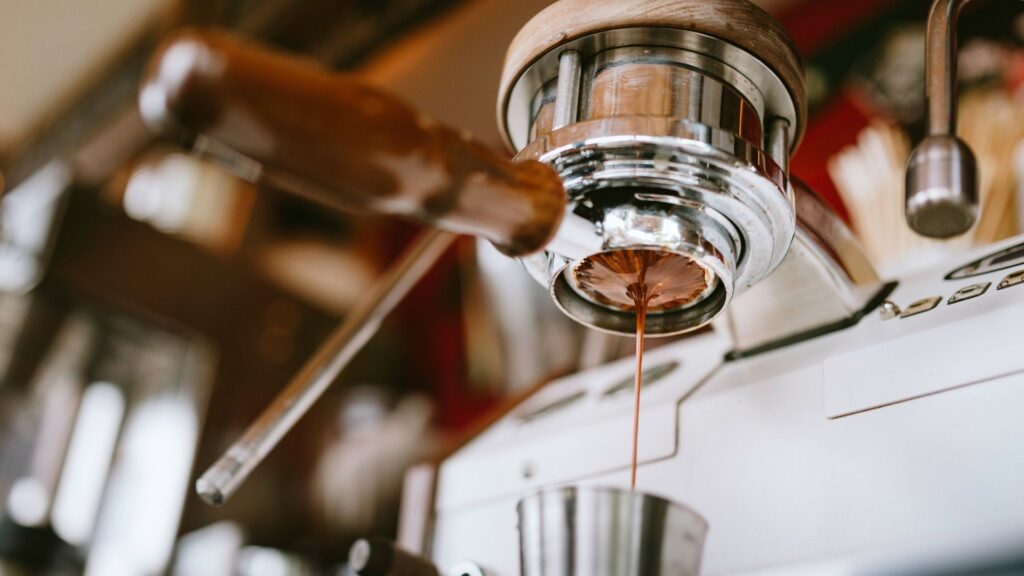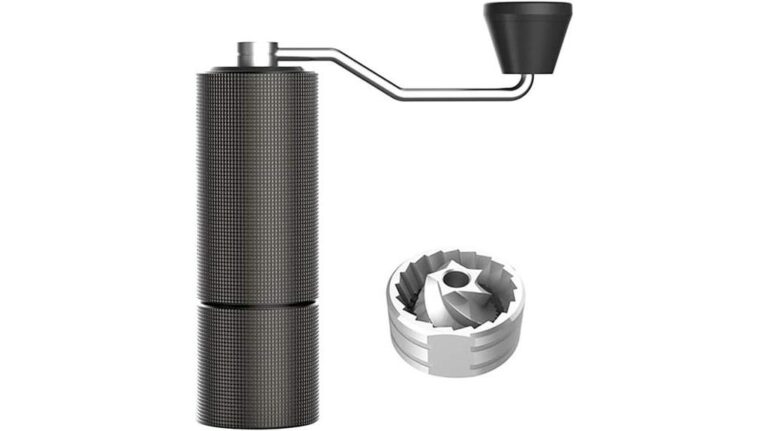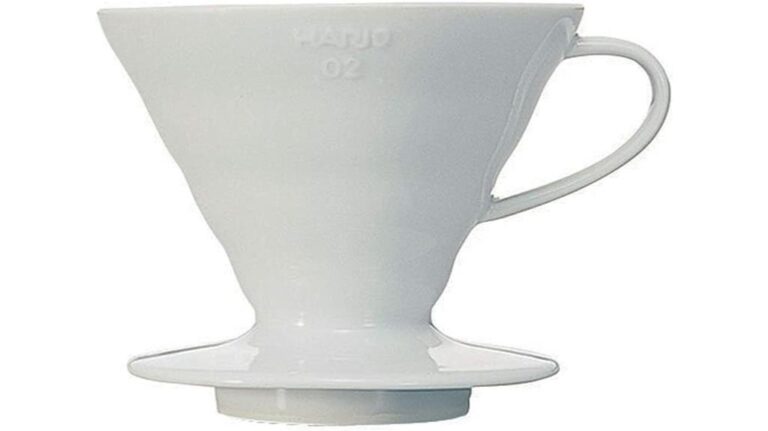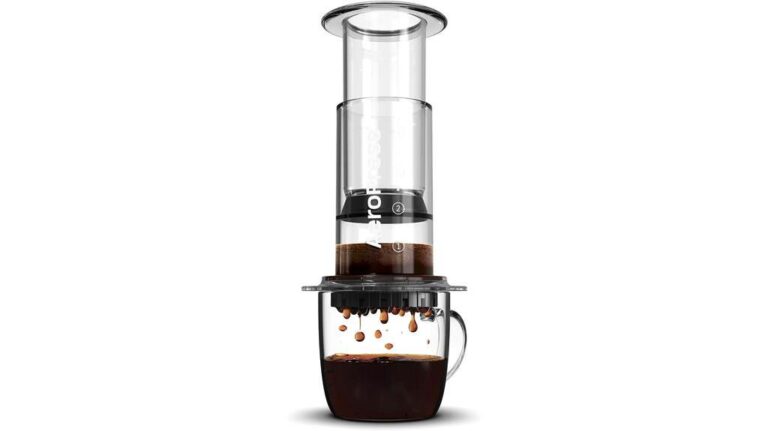What Makes A Good Home Espresso Machine?
In recent years, the allure of crafting the perfect espresso at home has transformed from a niche hobby into a widespread passion. Home espresso machines, once a luxury for coffee connoisseurs have become increasingly popular among a broader audience. This surge in interest is driven by a desire for barista-quality coffee in the comfort of one’s kitchen.
The evolution of espresso machines has made this possible, offering a range of options from manual to fully automatic models, each catering to different preferences and skill levels. Here, we will identify what makes a good home espresso machine, explore key features, compare various machine types, and provide insights to guide enthusiasts in finding the espresso machine that best suits their espresso journey.
Understanding Espresso Machines: Types And Features
Espresso machines come in three main types: manual, semi-automatic, and automatic, each offering a unique coffee brewing experience.
- Manual Machines: These require the most skill, as you manually control the water flow and pressure. They offer a highly personalized experience but have a steeper learning curve.
- Semi-Automatic Machines: These are a blend of manual and automatic features. You grind the coffee and tamp it, but the machine controls the water flow. They strike a balance between control and convenience.
- Automatic Machines: With these, the machine does most of the work, from grinding the beans to tamping and brewing. They are user-friendly and consistent, ideal for those who want convenience.
Weird Coffee Tip: Espresso is fascinating. The History of espresso and the modern world of espresso brewing can keep you on the edge of your seat for hours. To learn more about this unique beverage, take a look at this article:
60 Facts About Espresso
Key Features Of A Good Home Espresso Machine

The features that matter in a home espresso machine and the features that you should look for when buying a home espresso machine include the following:
- PID Temperature Control: Ensures precise temperature management, which is crucial for extracting the best flavor from coffee.
- Pump Pressure: The optimal pressure is around 9 BAR, which is ideal for proper espresso extraction.
- Three-Way Pressure Relief System: This feature allows for quick pressure release after pulling a shot, preventing mess and ensuring safety.
- Filter Basket Size: Common sizes are 53mm, 57mm, and 58mm, with 58mm being the standard for consistent extraction and quality.
These features collectively contribute to the efficiency, ease of use, and the quality of espresso that can be produced at home. An espresso machine that ticks all of these boxes is sure to be a good purchase and will be able to make good espresso, regardless of the brand or price of the machine.
However, there are a few more considerations to make when purchasing a home espresso machine to ensure that you get the best value for money and have the best home brewing experience possible.
Additional Considerations For Espresso Enthusiasts

- Built-in Filtration System: The quality of water is crucial in espresso making. Using filtered water can significantly improve the taste of your espresso. Machines with built-in filtration systems offer convenience and ensure consistently high-quality water, eliminating impurities that can affect the flavor of the coffee.
- Dual Boiler Systems for Milk-Based Drinks: For those who enjoy milk-based espresso drinks like lattes and cappuccinos, a dual boiler system is invaluable. These systems allow you to brew coffee and steam milk simultaneously, providing efficient and faster beverage preparation. They maintain optimal temperatures for both processes, ensuring the perfect espresso shot and perfectly steamed milk.
- Unpowered (Manual Lever) Espresso Machines: For the purists who relish a hands-on brewing experience, manual lever espresso machines are a great choice. These machines provide a level of control and involvement in the brewing process that other types can’t match, allowing for a more personal and artisanal approach to espresso making.
- Long-Term Maintenance and Serviceability: Choosing a machine that is easy to maintain and service is crucial for longevity and consistent performance. Opt for machines with accessible parts and good customer support. A well-maintained machine not only lasts longer but also ensures consistent quality in your espresso shots over the years.
Recommendations And What To Look For

When considering a home espresso machine, it is important to consider your coffee needs and espresso preferences. The type of espresso and espresso-based drinks you enjoy, how convenient or in-depth you want the brewing process to be, and your overall budget are among the most important factors when choosing a home espresso machine.
- Machine Type: Decide whether you prefer a manual, semi-automatic, or automatic machine based on your skill level and desired involvement in the brewing process.
- Budget: Determine your budget. Higher-end machines offer more features but may not be necessary for everyone. There are quality options at various price points.
- Size: Consider the space you have available. Some machines can be quite large.
- Ease of Use: If you’re new to espresso making, a user-friendly machine might be preferable.
A balance between price and quality is key. Higher-priced machines often offer greater durability and more features but may not be necessary for casual users. Conversely, budget-friendly options can still produce great espresso but might lack some advanced features.
Research and read reviews to find models that fit your criteria. Look for machines from reputable brands with good customer support and warranty options. This approach will help you find a machine that not only fits your needs but also offers good value for your investment.
Conclusion
Selecting the right home espresso machine is a blend of understanding your personal coffee preferences, recognizing key machine features, and considering long-term usability and maintenance.
Whether you lean towards the hands-on approach of a manual machine, the balanced control of a semi-automatic, or the convenience of an automatic, the ideal choice should align with your lifestyle and coffee desires.
Remember to weigh factors like PID temperature control, pump pressure, filter basket size, and the unique advantages of built-in filtration systems or dual boiler systems. Ultimately, the best espresso machine for you is one that fits seamlessly into your daily routine, delivering that perfect cup of espresso with both ease and satisfaction.






